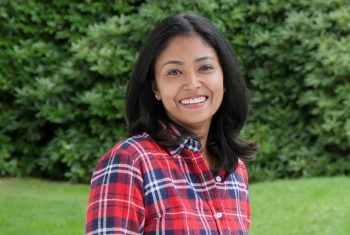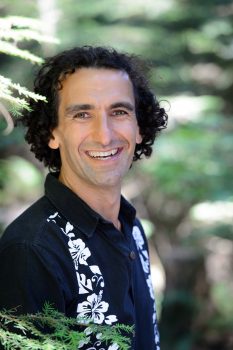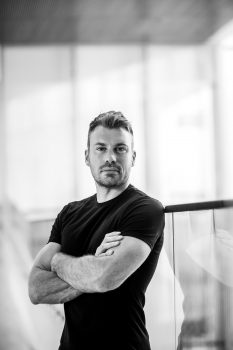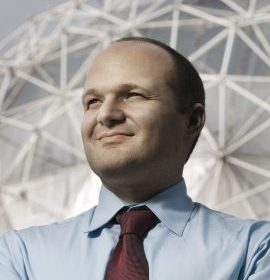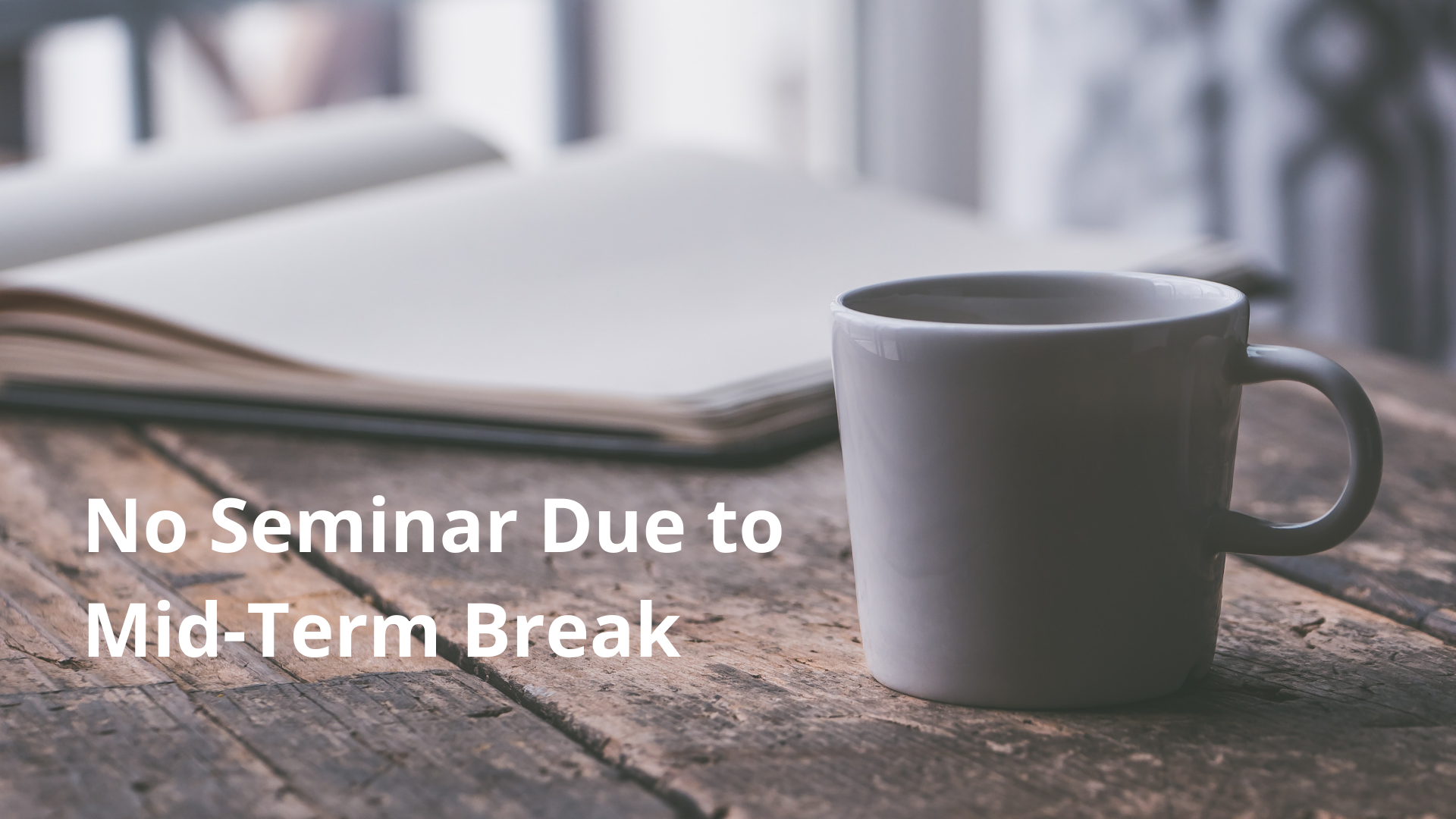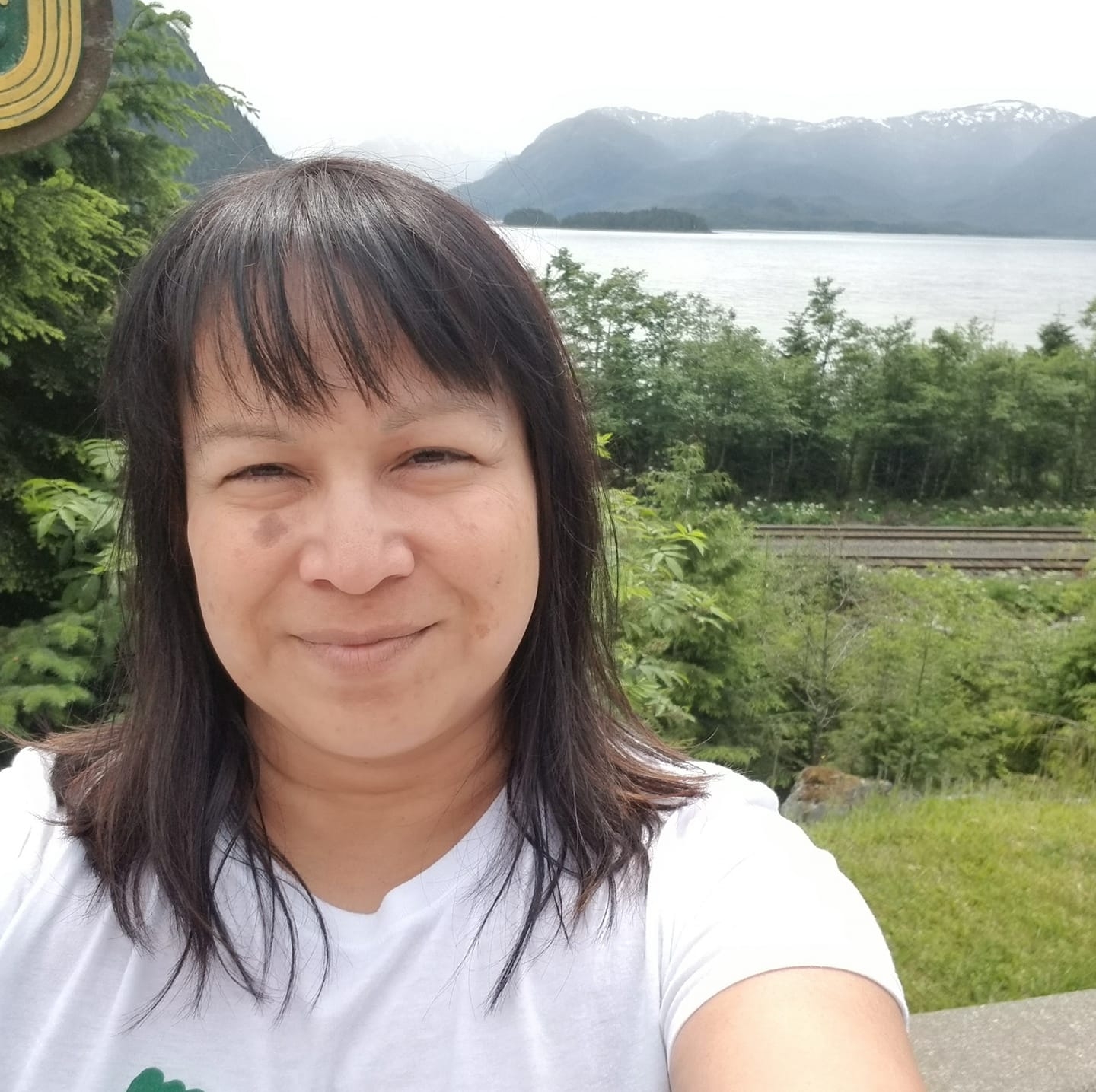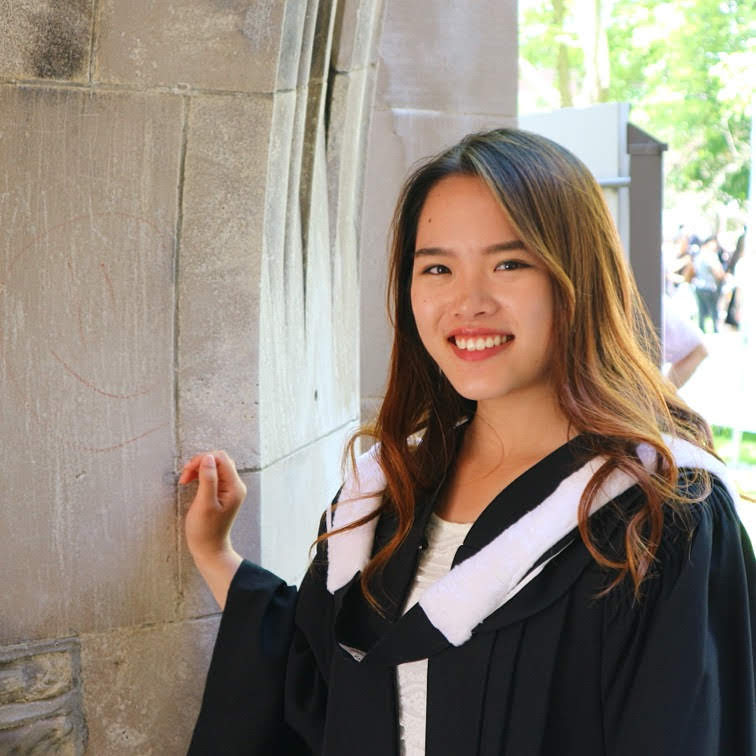IRES Seminar Series
Time: 12:30pm to 1:30pm (every Thursday)
Via Zoom
View video.
*********************************************************************************
Climate disruption, animal migrations and equity in conservation science
The practice of conservation science includes what we choose to study towards what goals, as well as whom we choose to work with, how we influence our organizations, and how we use science to hone our teaching and to advance justice in our field. I will focus on two projects in my group. The first aims to broaden our understanding of adaptive eco-evolutionary responses to global changes by looking at trends in wildlife migration, a phenomenon capable of rapid shifts. The second aims to expand excellence and equity in conservation science through the practice and study of inclusive, field-based experiences. Both efforts aim to advance a broader goal of strengthening conservation so that it can successfully meet the challenges of our era.
Erika Zavaleta
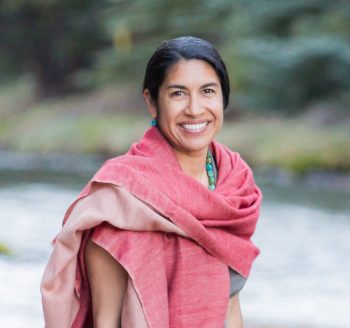
Howard Hughes Medical Institute Professor, University of California Santa Cruz
Bio:
Erika studies cross-scale ecological responses to climate and biodiversity changes. Her teaching emphasizes inquiry-based, experiential learning. Erika founded and directs the Doris Duke Conservation Scholars Program at UCSC, whose goal is to diversify U.S. conservation. In 2018 she founded the Center to Advance Mentored, Inquiry-Based Opportunities (CAMINO) to expand inclusive undergraduate research experiences. Erika received the Ecological Society of America (ESA) Sustainability Science Award for work on responses to climate change in Alaska’s boreal forest, and the California Book Award for Ecosystems of California. She is an ESA and California Academy of Sciences Fellow and enjoys time outdoors with her family.
